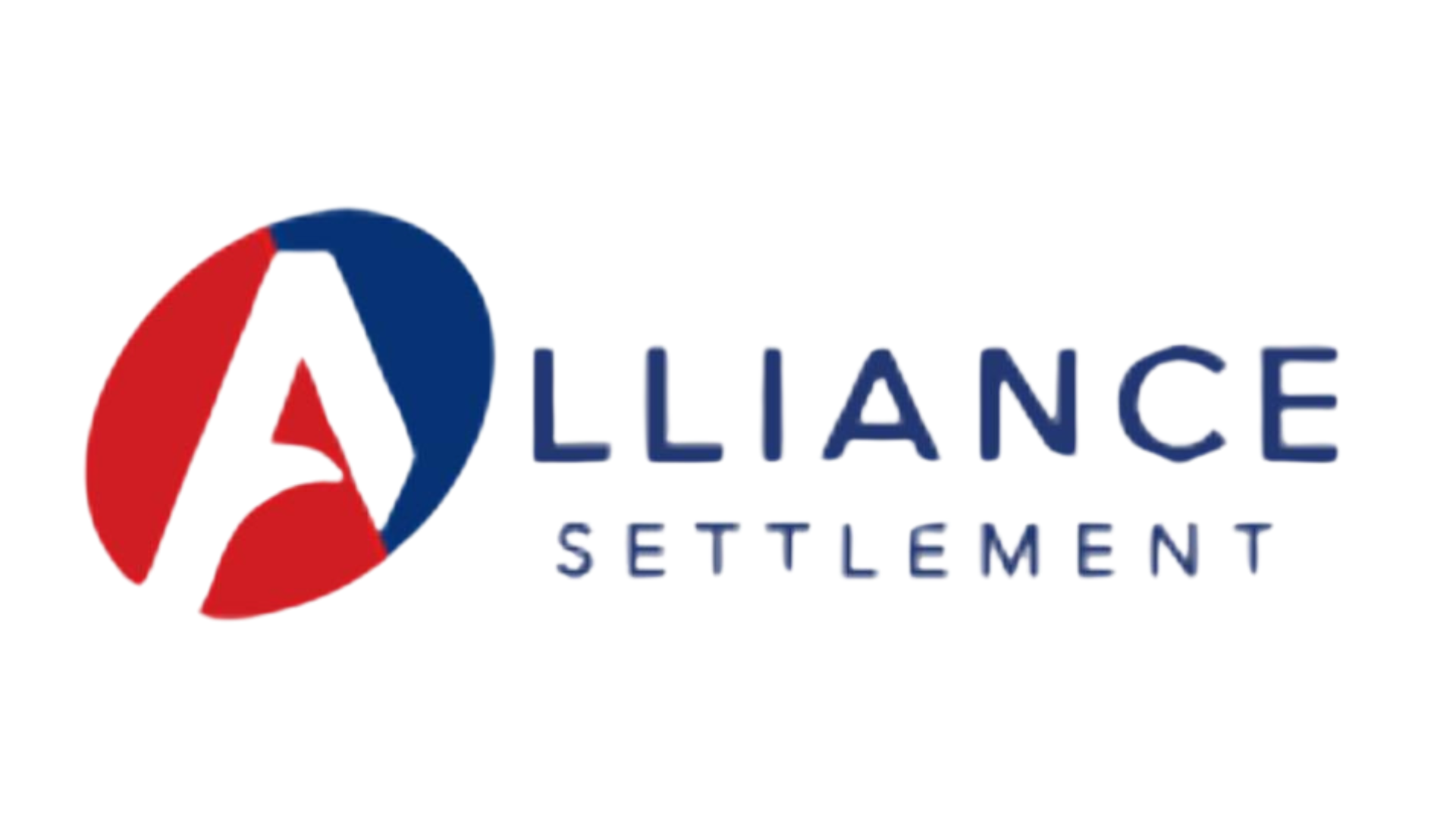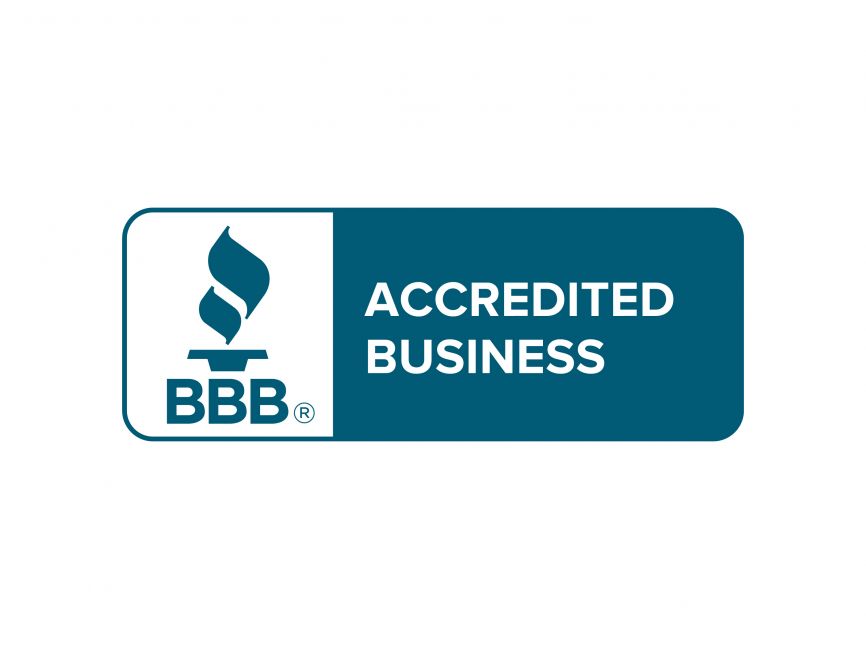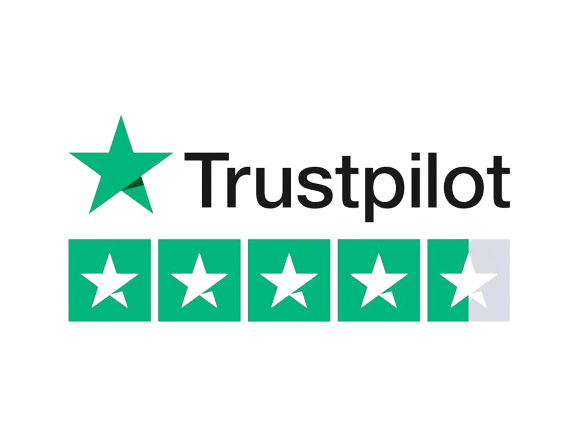Understanding the Importance of Financial Literacy
Debt can feel like a never-ending cycle, but financial literacy is the key to breaking free. Many people struggle with money management simply because they lack the knowledge to make informed decisions. Financial literacy isn’t just about understanding numbers—it’s about developing habits that lead to financial security, wealth-building, and debt-free living.
By mastering key financial principles like budgeting, saving, and investing, individuals can take control of their financial future and avoid the pitfalls of excessive debt.
How Financial Literacy Helps Break the Debt Cycle
Debt often stems from poor financial habits, impulsive spending, or lack of planning. Without the right knowledge, it’s easy to fall into common traps like high-interest loans, excessive credit card debt, or living beyond one’s means. Financial literacy equips individuals with the tools they need to:
- Create a Budget: Knowing where your money goes each month helps prevent overspending.
- Manage Credit Wisely: Understanding interest rates, credit scores, and repayment strategies can reduce long-term financial burdens.
- Plan for the Future: Savings and investment strategies help build financial stability.
- Avoid Financial Pitfalls: Awareness of common financial mistakes helps individuals make smarter choices.
Essential Financial Habits for Debt-Free Living
1. Budgeting for Financial Control
A well-structured budget is the foundation of financial literacy. Tracking income and expenses allows individuals to allocate funds effectively, ensuring necessities are covered before discretionary spending.
Action Step: Use the 50/30/20 rule—50% for needs, 30% for wants, and 20% for savings or debt repayment.
2. Building an Emergency Fund
Unexpected expenses can lead to debt if there are no savings to fall back on. Having an emergency fund prevents reliance on credit cards or loans in difficult times.
Action Step: Aim to save at least three to six months’ worth of living expenses in a separate, easily accessible account.
3. Understanding Credit and Interest Rates
Mismanagement of credit cards and loans is a major factor in accumulating debt. Learning how interest works and making timely payments can prevent high-interest debt from spiraling out of control.
Action Step: Pay more than the minimum due each month and avoid carrying high balances on credit cards.
4. Investing for Long-Term Wealth
Financial literacy isn’t just about managing debt—it’s also about creating wealth. Investing allows individuals to grow their money over time, reducing financial stress in the future.
Action Step: Start with low-risk investments like index funds or retirement accounts to build long-term wealth.
5. Seeking Financial Education and Resources
Continuous learning is crucial for financial success. Books, courses, and financial advisors can provide valuable insights to help individuals make informed decisions.
Action Step: Commit to reading at least one financial book per year or enrolling in online courses to expand financial knowledge.
Breaking the Cycle: A Call to Financial Empowerment
Breaking free from debt starts with financial literacy. By developing smart money habits, managing credit wisely, and planning for the future, anyone can achieve financial independence. The key is to take small, consistent steps toward better financial management.
Are you ready to take control of your financial future? Start today by creating a budget, setting savings goals, and educating yourself on smart financial practices. Your journey to financial freedom begins with the choices you make today.










